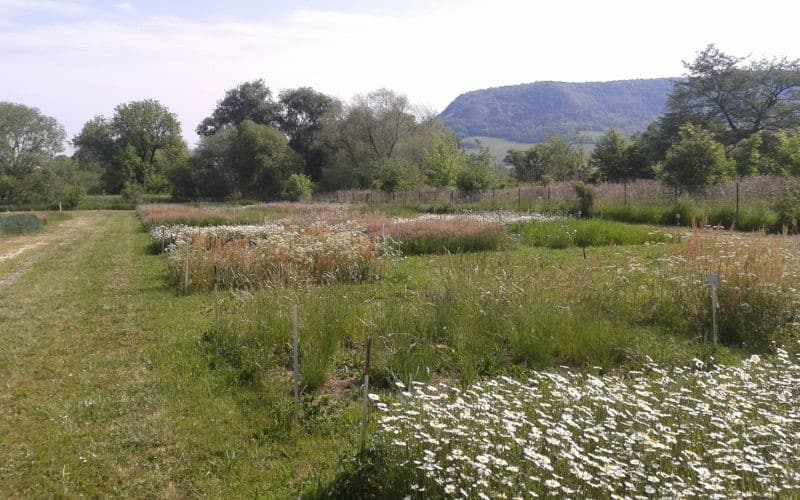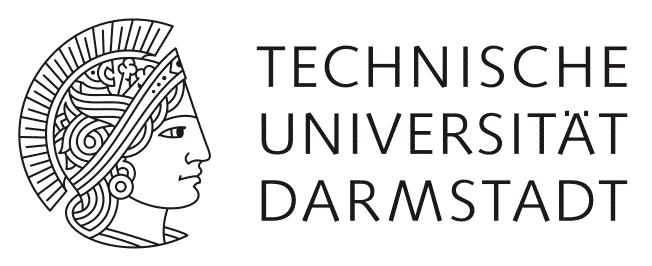Relating community assembly to ecosystem functioning across trophic levels in space and time

Global biodiversity loss threatens a multitude of ecosystem functions. Yet, it remains unclear whether widespread declines of arthropod biomass are caused primarily by species loss per se, or by the identity and abundance of lost species.
The ecological version of the Price equation allows attributing the change in an ecosystem function (in the present case arthropod biomass) to underlying changes in community composition. Using this partitioning, we investigate how changes in arthropod biomass over 10 years across grasslands of varying diversity and land use intensity can be assigned to the community assembly components of species richness, identity and abundance. The combined analysis of plant diversity and land use intensity is possible thanks to a collaboration between the Jena Experiment, which experimentally controls plant diversity in grassland plots, and the Biodiversity Exploratories, which study the effects of land use in applied scenarios.
Our preliminary results show that arthropod biomass loss is strongly driven by species richness and abundance losses. Species identity, however, causes mitigating effects, as lightweight species are rather lost than heavyweight species. While arthropod communities under high grassland diversity and low management intensity show high turnover of lightweight and average-weight species, shares of heavyweight species increase particularly in communities under low grassland diversity and high management intensity. Abundance losses and changes in the communities’ size structure are especially pronounced in primary consumers (herbivores).
We conclude that species identity and abundance complete the picture of biodiversity-ecosystem functioning (BEF) relationships. While lightweight arthropod species diminish, few heavyweight species take over, reducing the communities’ functional complexity particularly under low grassland diversity and high land use intensity.









